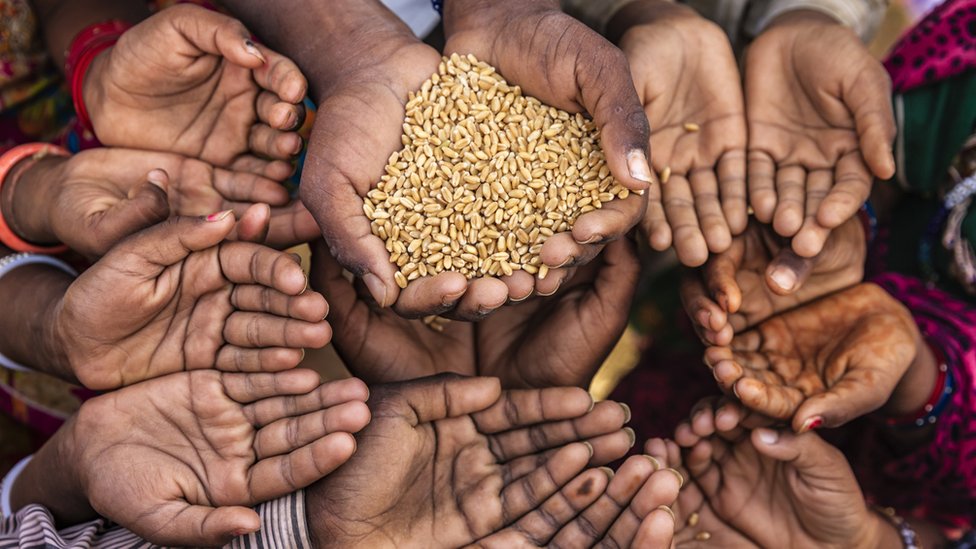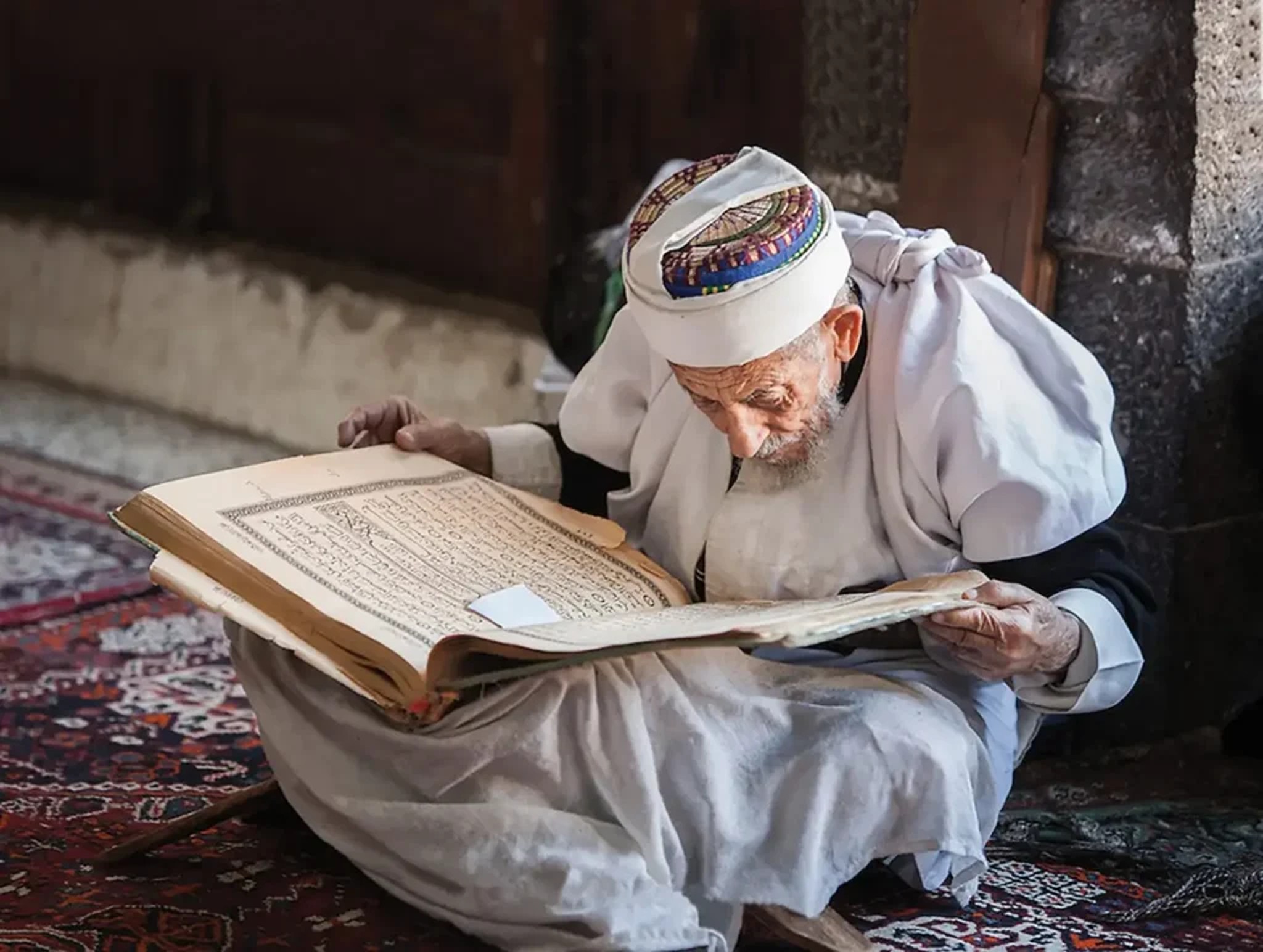As the world observes World Food Day on 16 October, the plight of 733 million people grappling with hunger and food insecurity takes center stage.
The International Day marks the founding of the United Nations Food and Agriculture Organization (FAO) in 1945 and serves as a day to raise awareness about global hunger and food insecurity, a persisting issue.
Around 2.8 billion people, marking 35 percent of the world’s population, are unable to afford a healthy diet, and one in 11 people globally confront hunger, driven by recurring weather shocks, conflicts, economic challenges, inequality, and the COVID-19 pandemic.
The poorest and most vulnerable, especially agricultural households bear the brunt of climate and financial crisis, according to the FAO. Their struggle highlights existing inequalities that further strain disadvantaged communities, a reality that World Food Day aims to address.
World Food Day advocates for access to food as a fundamental human right, and that everyone, regardless of their circumstances, is entitled to sufficient, healthy food.
Although farmers worldwide produce enough food to feed the global population, hunger persists, worsened by prolonged crises driven by conflict.
In Africa, one in five people face hunger daily, with 37 out of 54 countries experiencing a “serious” level of hunger, according to the 2022 Global Hunger Index (GHI), a tool that tracks hunger at global, regional, and national levels.
Egypt ranked 63rd out of 127 countries in 2024 GHI, signaling a ‘moderate’ level of hunger with a score of 13.2. That score marks steady progress, improving from 2016’s score of 15.4 and 2008’s score of 16.8.
Egypt’s Goals Towards Ending Hunger
Egypt’s Vision 2030 first sustainable development goal (SDG) is to “Improve Egyptians’ Quality of Life and Raise their Living Standards” which aims to eradicate poverty, achieve food security, ensure inclusive healthcare, guarantee citizens’ rights to quality education, provide adequate housing for all, revitalize cultural activities, and promote broader cultural participation.
The strategic goal aligns with the United Nations’ (UN) global SDGs including SDG two, “Zero Hunger,” which aims to “end hunger, achieve food security and improved nutrition, and promote sustainable agriculture.”
By prioritizing food security, enhancing nutrition, and promoting sustainable agriculture in rural communities, Egypt is actively pursuing achieving Zero Hunger.
According to Egypt’s Ministry of Planning and Economic Development’s website, there are 41 ongoing projects to achieve food security and provide improved nutrition while promoting sustainable agriculture in rural communities, with a total funding of USD 486.048 million (EGP 23.6 billion), which is 1.89 percent of the country’s official development assistance (ODA), which is government aid.
While Egypt has succeeded in increasing food supplies at the national level over the past decades, according to FAO, it has not achieved the same success in addressing malnutrition, one of the major remaining challenges.
Egypt is grappling with a “triple burden” of malnutrition, as both overnutrition and under-nutrition, coupled with micronutrient deficiencies, pose significant health and economic challenges.
More than 20 percent of children suffer from stunting, a key indicator of chronic malnutrition, making them shorter than their peers of the same age. According to FAO, stundting leads to decsreased productivity at work, which could directly effect the economy, as two to six percent of stunted children who turn into stundet adults are less productive than others of normal height.
Chronic malnutrition also accounts for 35 percent of the disease burden among children under five. Meanwhile, obesity rates among adults have surged to concerning levels and are also rising among children.
Continuous Efforts
In cooperation with FAO, Egypt’s Ministry of Agriculture and Land Reclamation is working on improving food security and nutrition for vulnerable groups by enhancing the skills of women and youth in food production, small animal farming, and other initiatives. The ministry is also striving to increase knowledge about nutrition through education and communication strategies designed to promote behavior change.
The FAO also supports Egypt’s SDGs by coordinating and programming the country’s food systems transformation, as well as strengthening the governance of Egypt’s food control and phytosanitary systems, which are regulatory frameworks that protect plants and plant products from pests and diseases, ensuring agricultural safety and food security.
According to the Minister of Social Solidarity, Nivine El-Qabbage, rural areas of Upper Egypt have priority in development and economic empowerment efforts to help reduce poverty, enhance food and environmental security, and improve livelihoods.
The Ministry of Social Solidarity and FAO signed an agreement to implement 4,000 economic empowerment projects in agricultural and livestock production to support rural communities in Minya Governorate, according to a statement by the Egyptian Prime Minister’s Office.
As Egypt makes strides to enhance food security and nutrition through various initiatives, World Food Day highlights the stark realities of hunger and food insecurity affecting millions globally, emphasizing the need for ongoing efforts toward a well-fed world.







Comments (0)